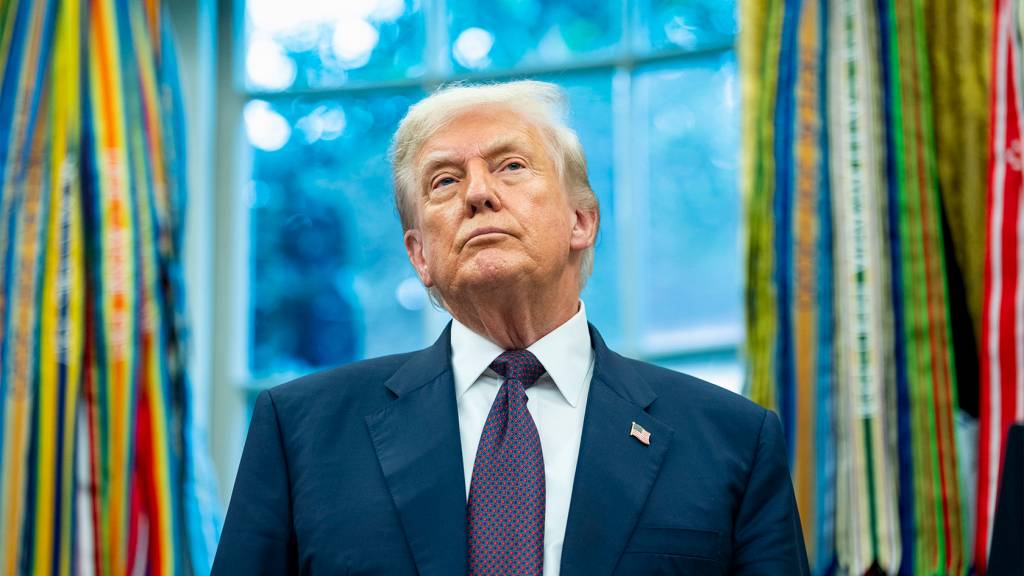Could US pressure over Taiwan spell the end of AUKUS? American observers have begun to wonder as the Trump government foreshadows the completion of a review into the submarine pact.
The office of US under-secretary of defence policy Elbridge Colby, who is leading the review, posted on X last week that it would finish in autumn, meaning sometime in the last four months of the year (meteorologically speaking, autumn in the US is between September and November, while astronomically, it’s between late September and late December).
Speculation about what the review will say, and what it will mean for Australia’s part in the AUKUS pact, has increased after revelations in the Financial Times last month that the Pentagon was privately “pressing Japan and Australia to make clear what role they would play if the US and China went to war over Taiwan”.
According to the newspaper, Colby has been “pushing the issue in meetings with Japanese and Australian defence officials in recent months”.
Of the five anonymous people the outlet said had revealed details of the discussions, one remarked: “This request caught Tokyo and Canberra by surprise because the US itself does not give a blank cheque guarantee to Taiwan.”
Independent. Irreverent. In your inbox
Get the headlines they don’t want you to read. Sign up to Crikey’s free newsletters for fearless reporting, sharp analysis, and a touch of chaos
By continuing, you agree to our Terms & Conditions and Privacy Policy.
Defence Industry Minister Pat Conroy said at the time that any decision to commit Australian troops to a conflict would be made by the government of the day.
“We don’t engage in hypotheticals. We don’t discuss hypotheticals,” he told the ABC’s Insiders.
Related Article Block Placeholder
Article ID: 1215340
Overnight, US outlet Axios reported some stakeholders viewed AUKUS as “navigating choppy waters” at the moment, pointing out that the Trump administration’s perception of how Australia will commit to using the subs could make or break the project.
“They’ve been very coy about how they would actually employ the submarines, other than to say, ‘Well, it’s a deterrent, it could be employed to defend Australia,’” said Bryan Clark, a senior fellow at the conservative think tank Hudson Institute. “You’ve got to be willing to say that you would use it offensively if you want to gain the deterrent value out of it … because China could come away thinking Australia is going to buy these submarines, but they don’t have the resolve to use them.”
An unnamed US defence industry executive told the outlet that they “[inferred] that the administration is pro-AUKUS”.
“Everyone knows the sub-industrial base is stressed, though,” the person added.
The new US chief of naval operations Daryl Caudle told a Senate committee last week that there were “no magic beans” to upping the country’s nuclear-powered submarine stocks enough so that it can share the boats with Australia.
“That is going to require a transformational improvement; not a 10% improvement, not a 20% improvement, but a 100% improvement,” he said, according to The Guardian.
Ex-Department of Foreign Affairs and Trade secretary Peter Varghese opined in The Australian Financial Review last month that the US might end up giving Australia an out from AUKUS by moving the goal posts further than Canberra can accept.
“If walking away from AUKUS is a bridge too far for the Australian government, the US might yet save us from ourselves by adding conditions which no Australian government could accept,” he wrote.


